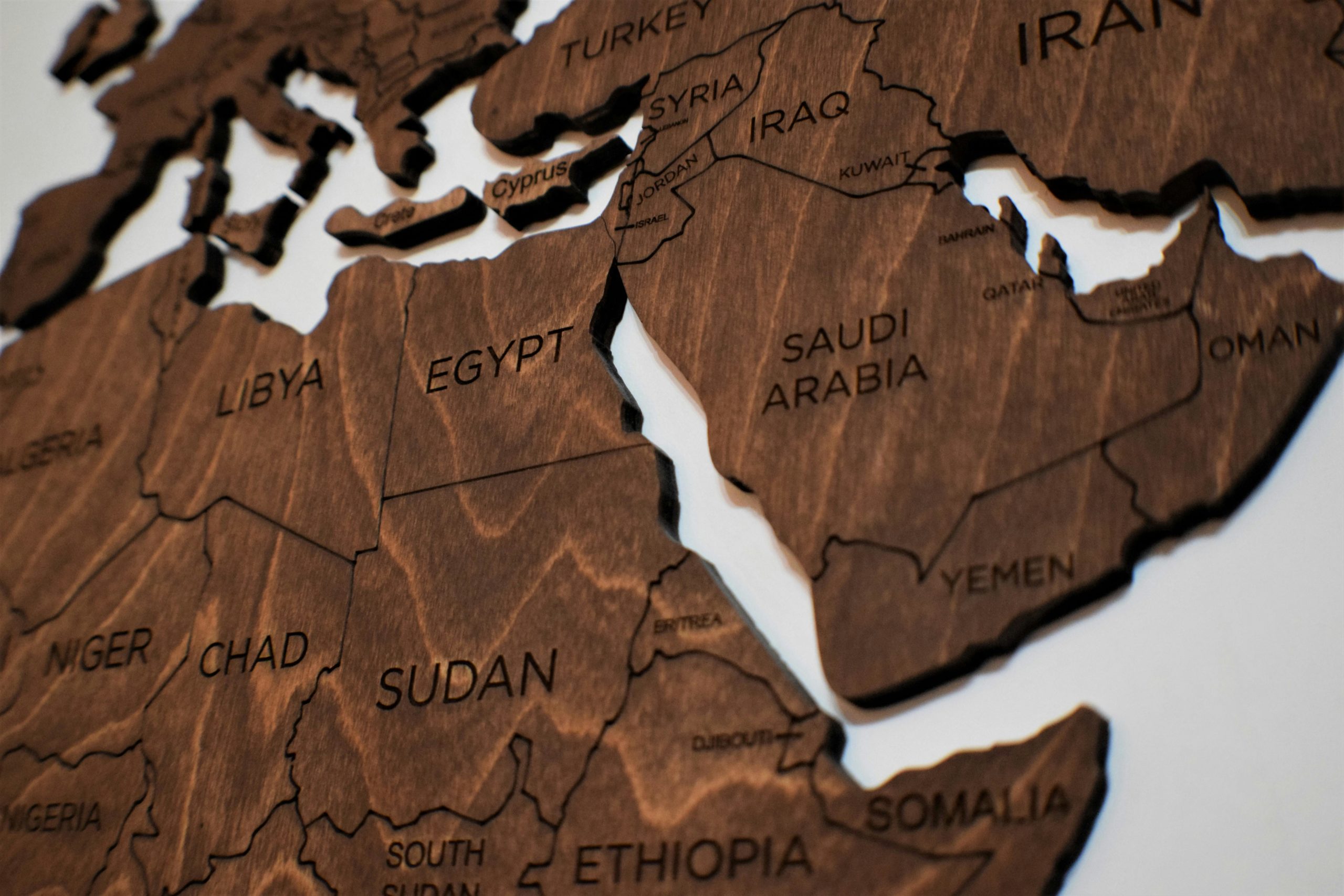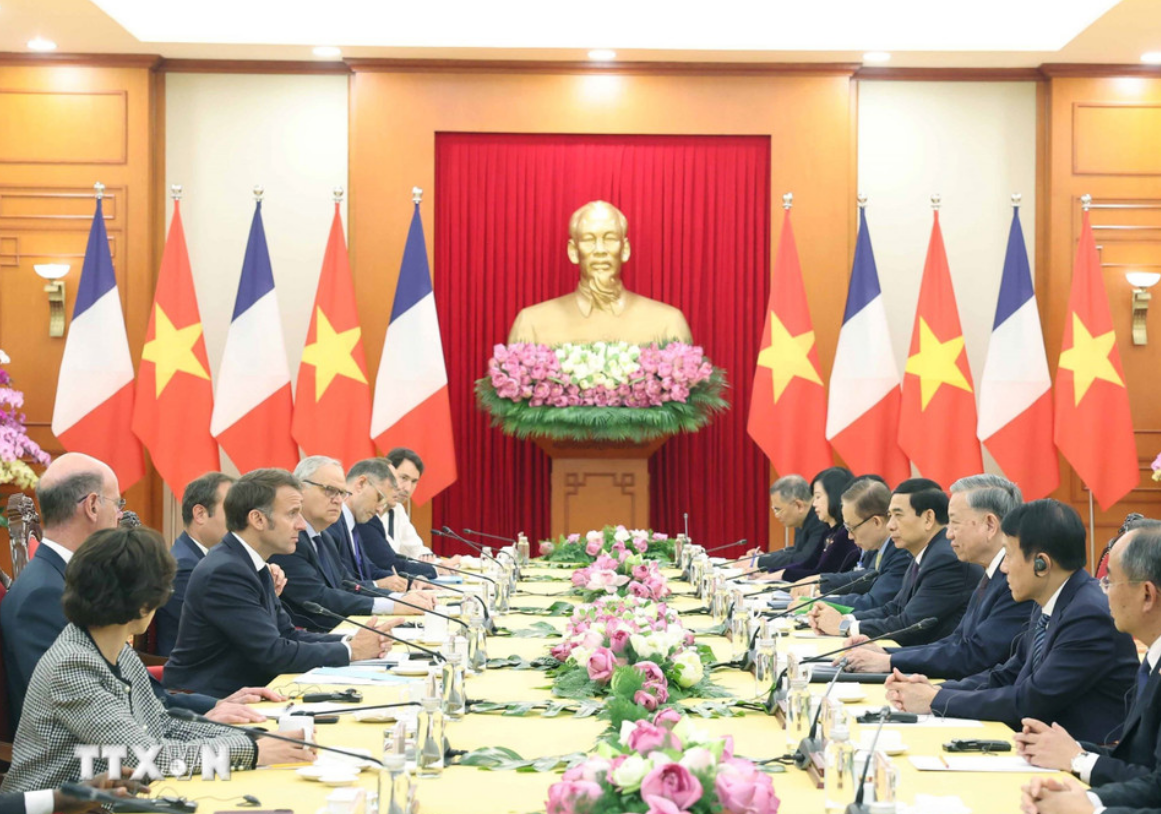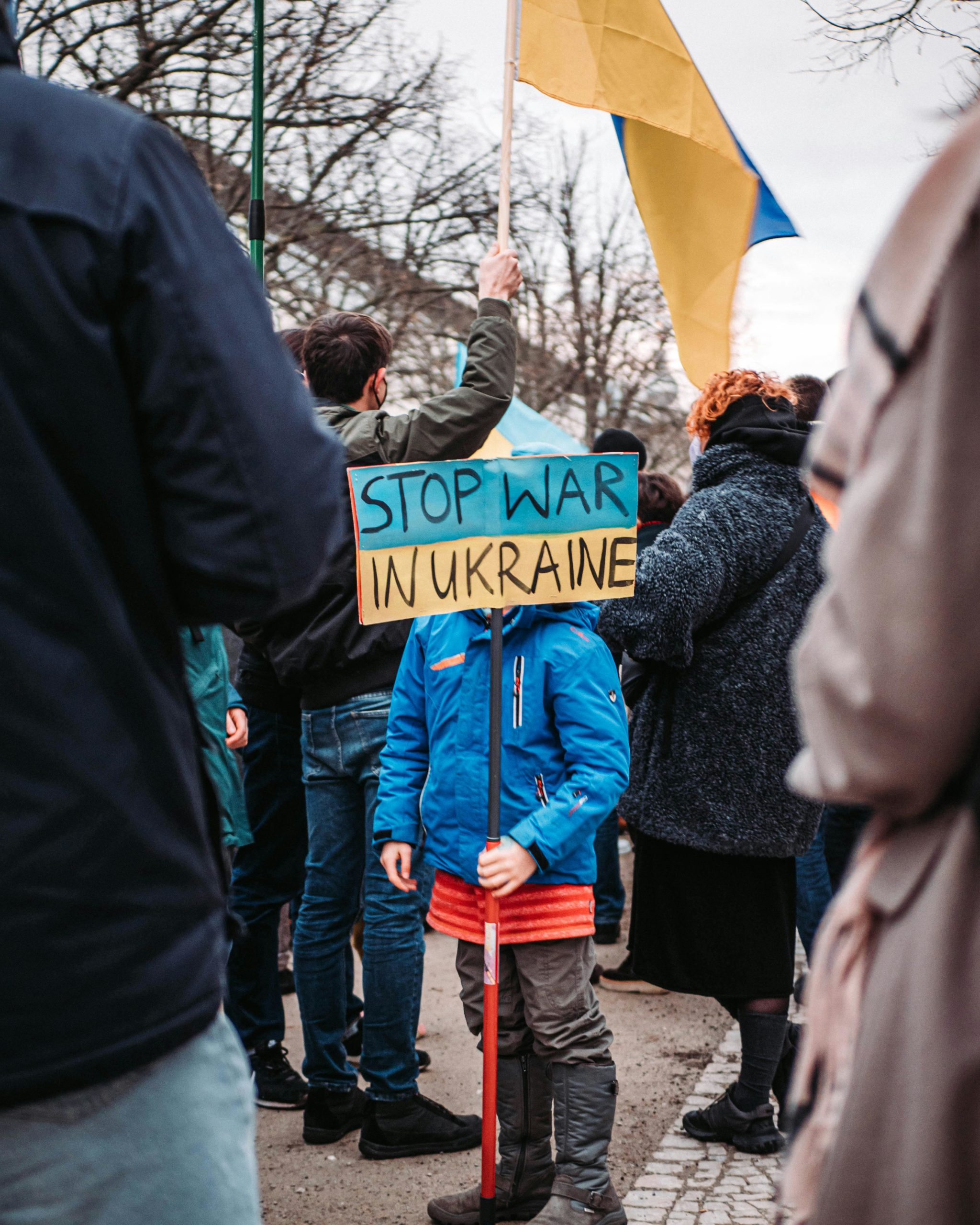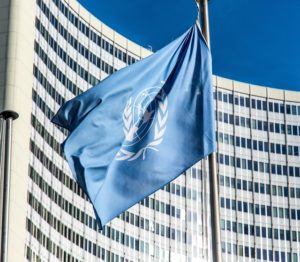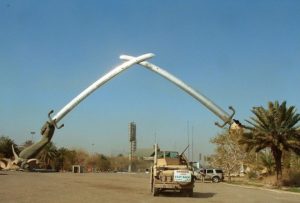As Sudan’s civil war drags on, new evidence sheds light on the direct involvement of regional powers in the conflict. The exclusive photos published below are proof: Turkish drones are indeed being deployed against Hemedti’s Rapid Support Forces (RSF), in support of General al-Burhan’s regime.
Since the outbreak of the conflict in April 2023, the country has been ravaged by a fratricidal war between the Sudanese Armed Forces (SAF) and the RSF. The front line now stretches from Khartoum to Darfur, plunging civilians into a nightmare of sieges, famine, and urban bombardments. The city of El-Fasher, besieged for months, has become the symbol of this disaster — the army’s last major stronghold in Darfur, barely resisting the RSF’s relentless assaults. For al-Burhan, the stakes are existential: retake Khartoum and restore national legitimacy. For Hemedti, the objective is to consolidate territorial and political control.
Turkey’s Double Game: Mediation in Words, Intervention in Deeds
Officially, Ankara presents itself as a mediator. In reality, Turkey has multiplied arms and drone deliveries over the past two years. Six Bayraktar TB2 drones, three control stations, and several shipments of ammunition — worth roughly $120 million — have reportedly been supplied to the Sudanese army through opaque networks transiting via Mali and Eritrea. These transfers directly violate the international embargo still in force.
An investigation by The Washington Post also revealed secret shipments of missiles and drones, confirmed by internal documents and photographic evidence. The American daily further established the presence of engineers from the Turkish company Baykar in Sudan, providing on-the-ground technical assistance and training to the Sudanese army. Recent satellite images confirm that the Uweinat-East airport, located in southwestern Egypt, is now being used as a launch base for Turkish Akıncı drones targeting RSF positions. It marks a turning point: what was once perceived as a domestic Sudanese struggle has now become a regional war.
Toward a Proxy Conflict
The transformation of Uweinat-East into a drone base perfectly illustrates this dangerous shift. What began as an internal power struggle in Khartoum has turned into a proxy conflict. Turkey now backs al-Burhan, while other regional powers — Egypt, the United Arab Emirates, and Iran — may follow the same path, heightening the escalation. In the short term, this support gives the Sudanese army a tactical edge: striking from afar, reclaiming territory, and opening new fronts. But in the long run, it undermines Sudan’s sovereignty and deepens Khartoum’s dependence on Ankara. In this perilous game, Sudan has become a testing ground for regional ambitions — while its people die or flee.
The Powerlessness of the United Nations
In October 2024, the UN Security Council extended the arms embargo on Darfur. Yet no sanctions were imposed on Turkey or Iran, both accused of supplying weapons to the Sudanese army. This inaction exposes the UN’s inability to deter external powers from turning Sudan into a proxy battlefield — one that only delays any chance of peace. Once again, the United Nations stands as a powerless observer, unable to enforce a framework of collective security. Meanwhile, Sudanese civilians continue to pay the price: thousands dead, millions displaced, and a famine threatening to wipe out an entire generation.
The Urgency of an International Response
In a country already devastated, any foreign military interference will only prolong the war and condemn the Sudanese people to more violence, starvation, and exile. The UN and major world powers must stop looking away. This is no longer a forgotten African conflict — it is a war that could ignite the entire Sahel and Horn of Africa, regions already weakened by foreign meddling, terrorism, and poverty.
The international community must act: independent investigations, targeted sanctions against arms suppliers, and the revival of a genuine, inclusive political process. Without such measures, Sudan risks becoming the latest stage of a “fragmented world war,” where every power tests its weapons, drones, and influence — at the expense of an abandoned population.

